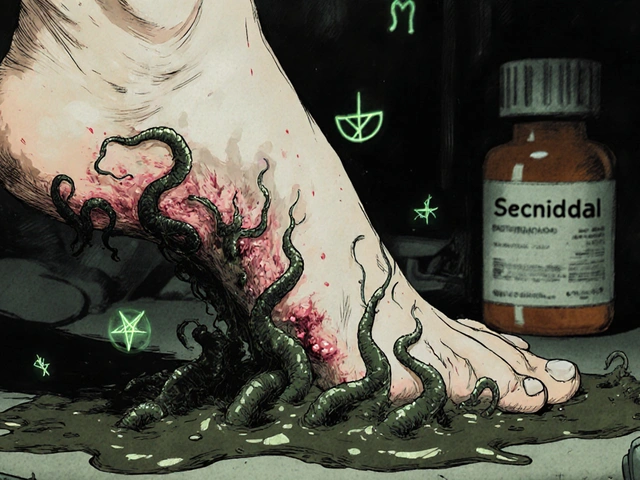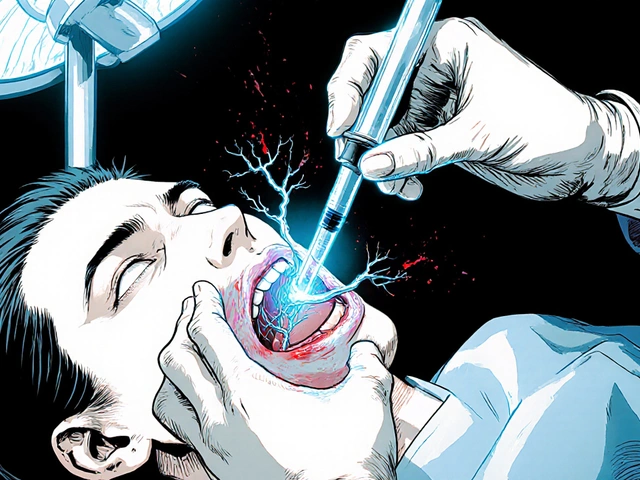Alzheimer's Treatment: Simple Answers for Real-Life Challenges
When you or someone close to you gets an Alzheimer's diagnosis, it’s tough. Suddenly, you’re flooded with talk about treatments, medications, and what’s next. The truth? There’s no cure, but that doesn’t mean there’s nothing you can do. Medications like donepezil, rivastigmine, and memantine can slow down memory problems for some people. They won’t bring back what’s lost, but they can help keep things steadier for a while.
So, what are these drugs doing? Think of them as support for brain signals that Alzheimer’s has messed up. Donepezil (brand name Aricept) and others in its family tackle the brain’s chemical messengers connected to memory and learning. Memantine works a bit differently, protecting the brain from a chemical overload that can make symptoms worse. If you’re worried about side effects, you’re not alone—lots of families ask about stomach upset, trouble sleeping, or dizziness. Chat with the doctor about what to expect and what to watch for.
Medication isn’t the only part of treatment, and honestly, it’s not always the most important. Structure and routines help a ton. Keeping things predictable—like sleep times, meals, and activities—reduces confusion and stress. Label drawers, put reminder notes around, and stick with familiar activities. Don’t underestimate the power of a good walk or some upbeat music; they help minds and moods alike.
Worried about wandering or sudden mood swings? It’s normal. Caregivers often feel alone facing these issues, but there’s advice and there are tools out there. GPS trackers, door alarms, and even simple home changes can keep a loved one safe. Sometimes, doctors will suggest a medication for agitation, but always go slow and watch for changes.
Support matters, and it’s not just medical. Joining a local or online support group connects you with others who “just get it.” You’ll find practical tricks that don’t show up in medical guides—like sharing photos from the past, using memory books, or even which snacks go over best at tricky moments. Don’t hold back on asking your doctor or pharmacist for real-world advice: they answer these questions every day, and there’s no shame in needing extra ideas.
Curious about what’s next in Alzheimer’s treatment? Researchers are hunting for better drugs and even ways to stop Alzheimer’s before it starts. Until then, families do best when they mix medicines, steady routines, honest conversations, and a healthy dose of patience. If you’re just starting this journey, find small wins—maybe a favorite old song gets a smile, or a family photo brings back a name for a moment. Set realistic hopes. Some days will be hard. Some may surprise you.
Check out the latest articles here for guidance on medications, caregiver tips, and honest answers. Alzheimer’s is never simple, but the way forward can be a little clearer when you know what’s out there.

8 Aducanumab Alternatives: Exploring Options for Alzheimer's Treatment
Aducanumab, a drug designed to treat Alzheimer's, has sparked both hope and controversy. If you're on the lookout for other treatment options, you're in luck. There's a range of alternatives like Donepezil and Memantine, each with unique benefits and drawbacks. This article unfolds eight of these alternatives, providing practical insights to help you make informed decisions.




